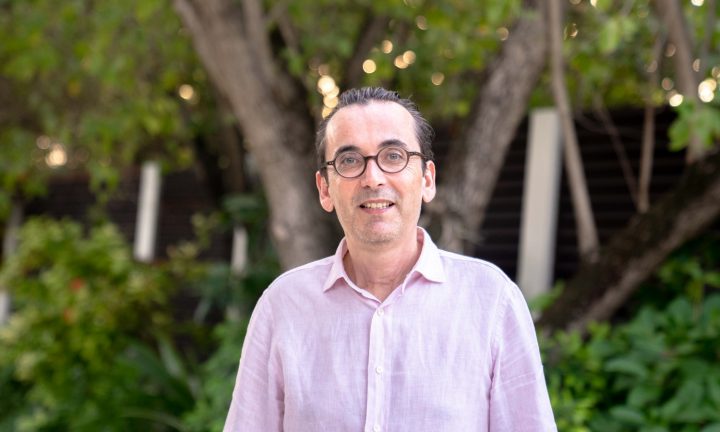
Marriott International’s Oriol Montal: Shaping luxury hospitality in Maldives
Marriott International enjoys a significant presence in the Maldives with seven resorts across various atolls, catering to a range of preferences – from the established W Maldives and Sheraton Maldives Full Moon Resort & Spa to the ultra-luxurious The St. Regis Vommuli Resort. The company has actively expanded its portfolio in recent years, with the addition of The Ritz-Carlton Maldives, Fari Islands, JW Marriott Maldives Resort & Spa, The Westin Maldives Miriandhoo Resort and Le Méridien Maldives Resort & Spa. Additionally, two more resorts are under development.
Their portfolio leans towards the luxury segment, with brands like W Maldives, The Ritz-Carlton, JW Marriott and St. Regis offering high-end experiences. In a recent interview conducted by Hotelier Maldives with Oriol Montal, Managing Director of Luxury, Asia Pacific (excluding China) at Marriott International, the spotlight was cast on Marriott International’s portfolio of resorts in the Maldives.
Hotelier Maldives: As the Managing Director, Luxury, Asia Pacific (excluding China) for Marriott International, overseeing a diverse portfolio of luxury brands, how does Marriott ensure that each brand maintains its distinct identity while aligning with the company’s overall vision for luxury hospitality, especially in the context of the Maldives?
Oriol Montal: In Marriott International’s luxury segment, we proudly feature seven classic and distinctive luxury brands that offer bespoke amenities and services. Currently, in the Maldives, we have four luxury brands present – The Ritz-Carlton, St. Regis, JW Marriott, and W Hotels. Each brand possesses its own unique identity. For example, The Ritz-Carlton, renowned worldwide for setting the gold standard in luxury hospitality, tells unique stories through its hotels and resorts located in desirable destinations worldwide. St. Regis traces its roots back to 1904, when the Astor family opened the first St. Regis in New York City, redefining luxury standards. We honour this legacy, by celebrating the cherished St. Regis rituals set by the Astor family over a century ago. JW Marriott provides a haven for guests to focus on their mind, body and spirit through programs and offerings that encourage them to come together and experience every moment to the fullest. On the other hand, W Hotels is our distinctive brand, defying expectations and breaking the norms of traditional luxury.
Maintaining each brand’s identity begins with our recruitment process, where we carefully select team members who fit the brand’s culture. W Hotels favours a casual approach, while our classic luxury brands demand a more formal demeanour to deliver an exceptional experience. This meticulous selection ensures that our staff align with each brand’s ethos from the onset.
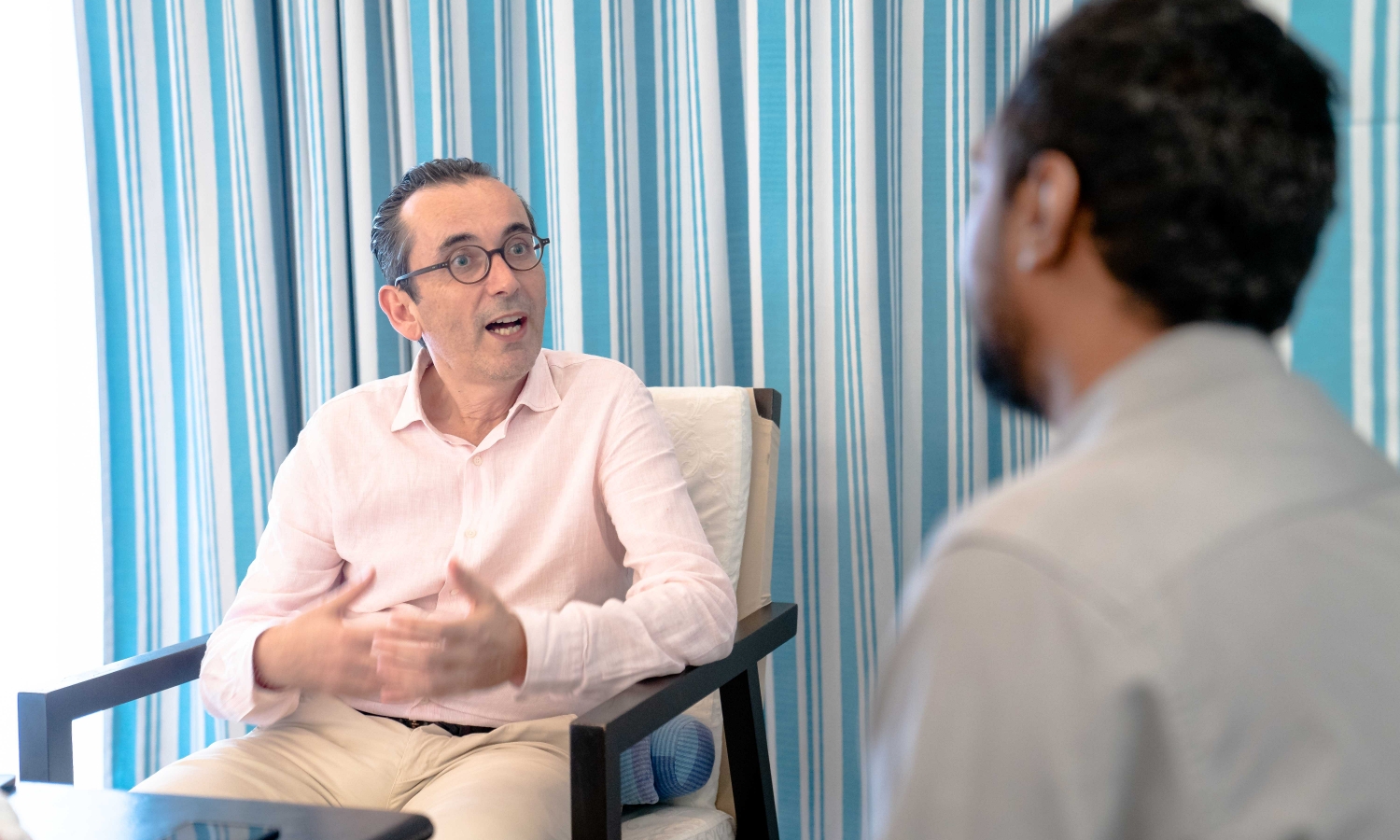
HM: Marriott International has a significant presence in the Maldives with several luxury properties operational and more in development. How does the company’s commitment to working with the local community, such as through initiatives like the Marriott International Maldives Apprenticeship Program (MIMAP), contribute to cultivating local talents for the hospitality industry in the Maldives?
OM: For Marriott International, community impact is paramount. Our comprehensive programme aims to benefit the communities where we operate and Marriott International Maldives Apprenticeship Program (MIMAP), which recently saw over 40 students graduate, is the perfect example. This historic partnership with the Maldives Institute of Technology and National Apprenticeship Program (NAP) implemented through the Ministry of Youth Empowerment Information and Arts showcases our dedication to fostering local talent. Through MIMAP, apprentices gain both theoretical knowledge from esteemed institutions like MIT and practical experience in our seven resorts in the Maldives. This initiative underscores our commitment to nurturing future hospitality leaders.
HM: Given your extensive experience in hospitality across various regions, how do you perceive the current state of the tourism industry in the Maldives, particularly in the context of post-pandemic recovery, sustainability efforts, and the role of local talent development initiatives like MIMAP?
OM: The Maldives led the way in post-pandemic tourism reopening, setting standards adopted by many countries, which facilitated its rapid recovery. Luxury travellers now seek privacy, space, and nature, preferences that align with the Maldives’ one-island-one-resort policy. The country’s longstanding commitment to sustainability, including eliminating single-use plastics, resonates more than ever. Authentic experiences connecting travellers with local culture and nature are in high demand, areas where the Maldives excels. Collaborations like MIMAP highlight the importance of public-private partnerships in fostering hospitality industry growth and leveraging the Maldives’ innate hospitality talent.
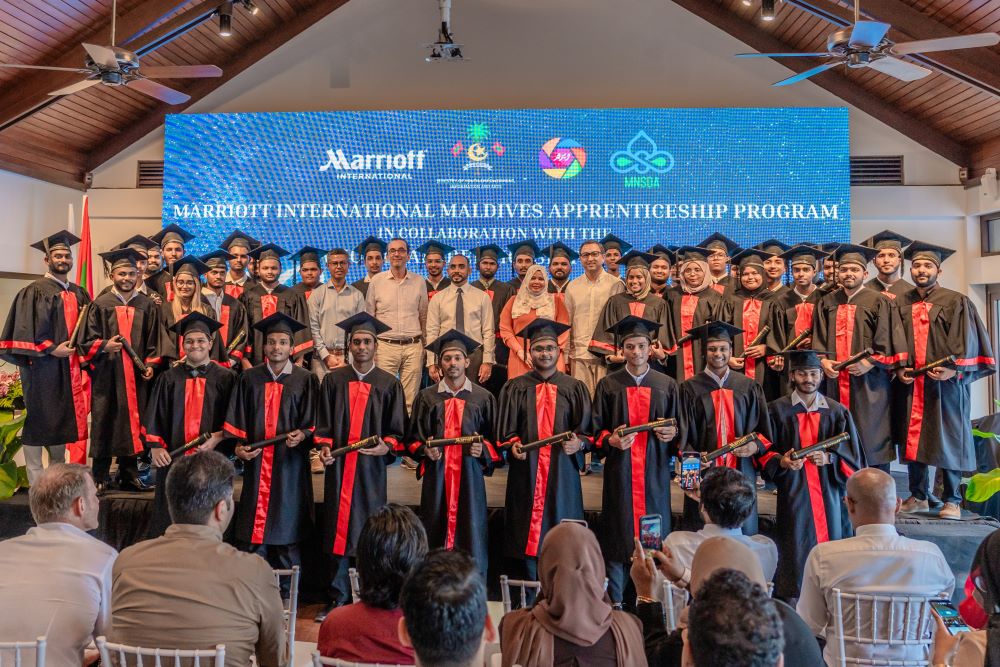
HM: The Maldives is renowned for its natural beauty and pristine marine environments. How does Marriott International approach sustainability and environmental conservation initiatives within its properties in the Maldives, and how does this tie into the company’s broader commitment to supporting local communities and fostering talent development through programs like MIMAP?
OM: Marriott International’s sustainability efforts surged with the appointment of a Director of Sustainability in our Singapore office in 2023. Each property now has a dedicated sustainability champion, fostering local community involvement in decision-making. We’ve set ambitious targets, aiming for a 15% cut in water usage and a 50% reduction in food waste at our resorts, including those in the Maldives. Across our 1,800+ hotels worldwide, we’ve phased out single-use plastics. Through energy audits and operational improvements, we’re actively enhancing sustainability practices. These initiatives underscore our commitment to environmental stewardship, community engagement, and empowering our associates in meaningful conservation endeavours.
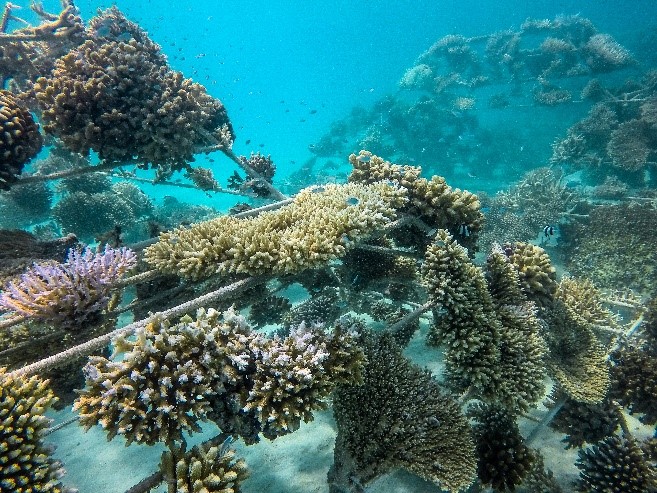
HM: In terms of market trends and consumer demographics, are there any specific segments or regions that Marriott International is focusing on to drive growth and expansion in the Asia Pacific luxury market, and how does this tie into the company’s efforts to engage with local communities and cultivate talent in regions like the Maldives?
OM: Demographic shifts, particularly the influence of Generation X and Millennials, are central to our strategy in the Asia Pacific luxury market, including the Maldives. We’re customizing programs to meet their interests and training our team accordingly. “Good Travel with Marriott Bonvoy” connects guests with community and environmental activities. At the Ritz-Carlton Maldives, Fari Islands, we’re spearheading marine conservation efforts, like using drones to remove ghost nets. These initiatives resonate with guests, involve local communities, and underscore our commitment to sustainability and community engagement.
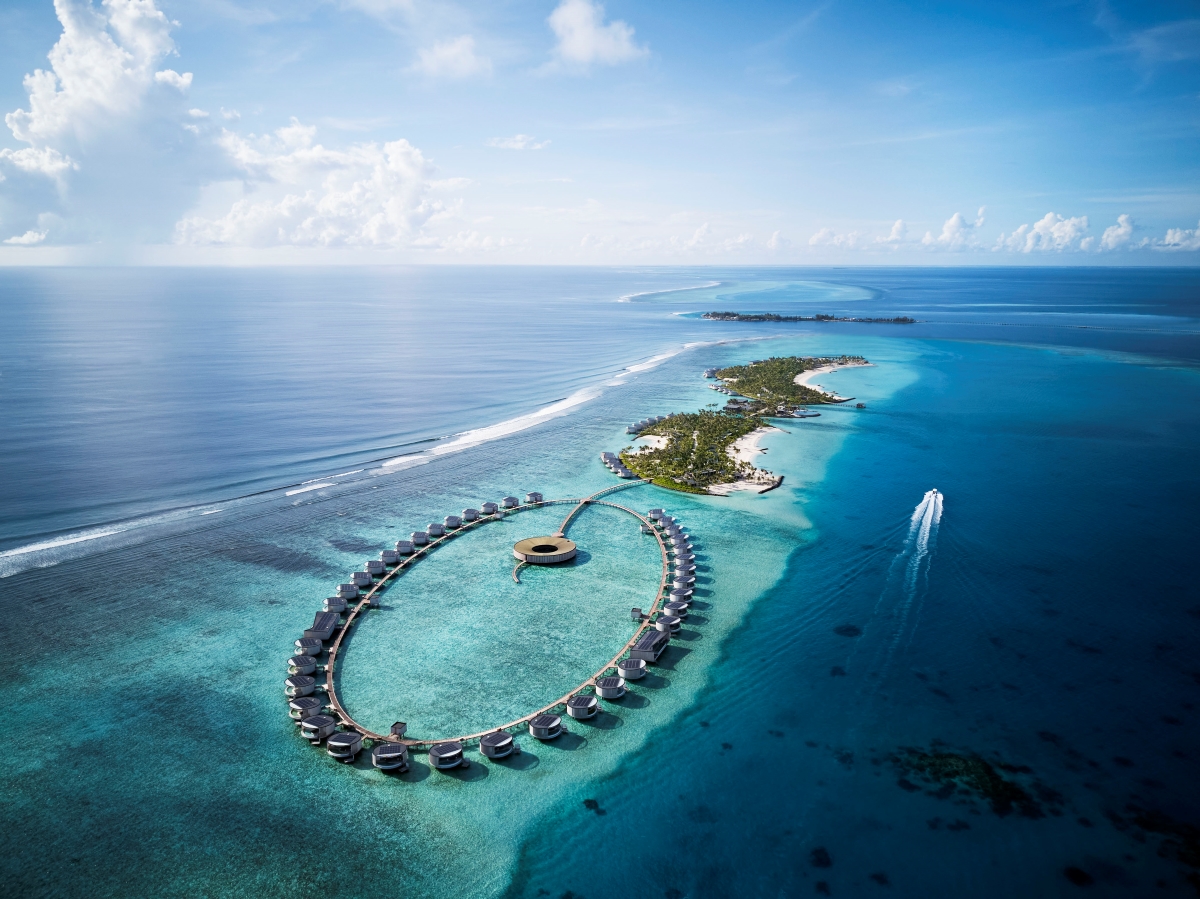
HM: Looking ahead, what are Marriott International’s priorities and strategic goals for its luxury portfolio in the Asia Pacific region, and how does the company envision further integrating initiatives like MIMAP into its overall strategy for sustainable growth and community engagement in markets like the Maldives?
OM: Our strategy prioritises maintaining our position as the pinnacle of luxury hospitality, starting with our associates. In the Maldives, where we currently operate seven hotels with plans for two more, talent acquisition and development are paramount. This expansion creates ample opportunities for career growth within our properties. Celebrating success stories this week, we highlight team members who have progressed from roles like public area attendants to assistant housekeeping managers, showcasing the possibilities within our regional presence. We’re dedicated to nurturing local talent, recognizing the innate hospitality of Maldivians. As industry leaders, we’re launching the second Marriott International Maldives Apprenticeship Program reinforcing our commitment to talent development. This strategy ensures our continued leadership in luxury hospitality while fostering sustainable growth and community engagement in the Maldives and beyond.





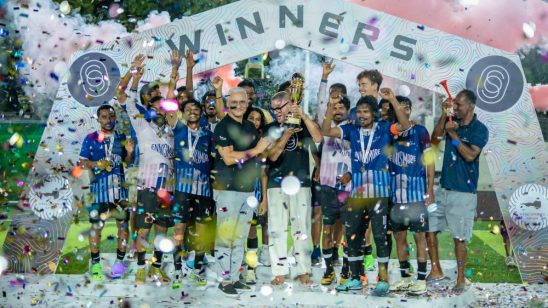
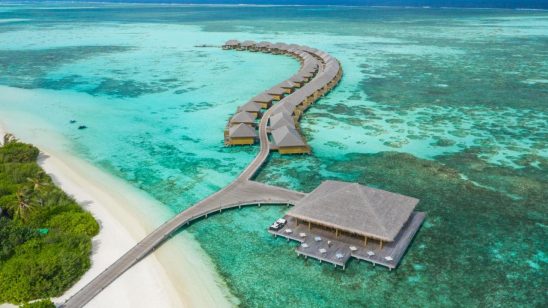
Pingback: Shaping luxury hospitality in Maldives – Hotelier Maldives - Find Best Tours